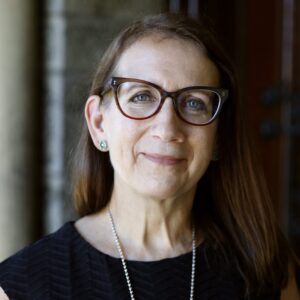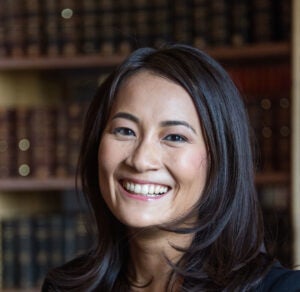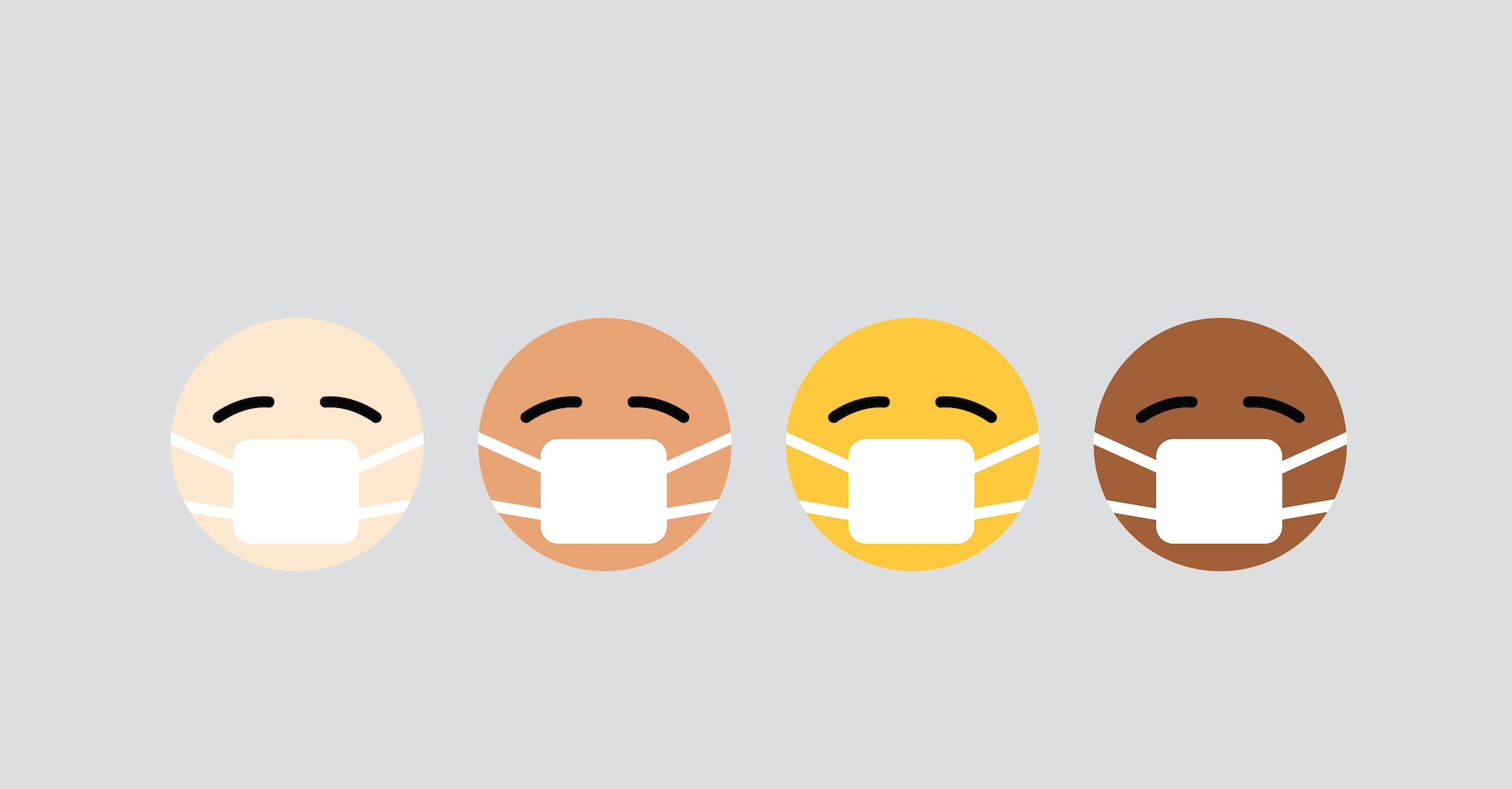Two Sociology Professors Teach Course that Examines Impacts of COVID-19 on Society
Due to the vast and pervasive effects of COVID-19, two sociologists are offering a new course about the social impacts of pandemics. This fall, Katharine Donato, interim chair of the Department of Sociology, and Becky Yang Hsu, professor of sociology, are co-teaching SOCI022, Social Problems: Pandemics and Society, a class that examines the consequences of the pandemic for social inequality.
“Diseases, by their nature, are seen as a medical issue and are therefore studied for their cellular composition and biological implications,” says Yang Hsu. “But the far-reaching implications of COVID-19 can be seen in social issues like race or income inequity. It is a seemingly medical topic, but it is indisputably social at the same time and has affected us all.”
Critical Thinking, Coronavirus and Culture

Katharine Donato, interim chair of the sociology department
The seminar-style course will discuss several sociological topics affected by COVID-19 through videos, presentations, readings and class discussions. Each week, a guest lecturer will join the class to speak on a different topic. Two students will be assigned to host each guest speaker and will be responsible for preparing questions ahead of time as well as monitoring the Zoom chat.
Donato and Yang Hsu said that this will give students the ability to connect with experts in their fields of interest and will allow them to examine an aspect of the pandemic more closely.
“The main goal of this course is to move students away from thinking that crises stem from a singular cause,” says Donato. “Medicine for example looks for a root cause of disease. But oftentimes when we look at individual causation, we miss the broader explanations for individual behaviors and social outcomes.”
Both professors also hope that the students will be able to apply their sociological imagination acquired in the course to the real world.
“My hope is that by the last day of class, our students will be able to read an article in the Washington Post or COVID-19 statistics from Johns Hopkins and trace that data back to the sociological reasons and context for why things are the way they are,” says Yang Hsu. “We want them to be able to look at a number and say ‘this is this way because of policy, because of racial inequities, or the healthcare system.”

Becky Hsu, associate professor of sociology
Donato, who is also director of the Institute for the Study of International Migration, adds that it is important now more than ever to discuss the intersectionality of the inequities in our society that COVID-19 has brought into sharper focus.
“The large share of essential workers who are minorities and immigrants means they are also bearing the brunt of the negative impacts of this virus and are the most likely to be adversely affected,” says Donato. “This moment is particularly notable because everyone has a lived experience of this pandemic even if their experiences vary widely, so there is a huge sense of empathy and understanding that could lead to real change. It is rare to be able to teach a topic that so immediately affects everyone in the world as a whole and we have a duty as sociologists to embrace that.”
Social Problems: Pandemics and Society has no prerequisites and is open to first-years through seniors. If you are interested in taking this course, please visit MyAccess or speak with your dean.
